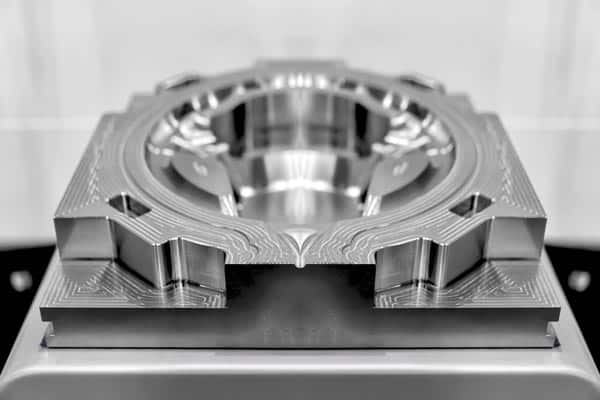In the realm of engineering, efficiency and precision reign supremely. Enter Computer Numerical Control (CNC) machining, a transformative technology that has revolutionized the way we fabricate components across industries. From intricate prototypes to mass-produced parts, CNC machining has emerged as a cornerstone of modern manufacturing, offering unparalleled accuracy, flexibility, and productivity. This article delves into the intricacies of CNC machining, its applications, advancements, and the profound impact it continues to have on the industrial landscape.
The Fundamentals of CNC Machining:
At its core, CNC machining is a process that utilizes computerized controls to automate machine tools for the precise shaping of materials. Unlike conventional machining methods that rely on manual operation, CNC machining operates with unrivaled precision, guided by digital instructions known as G-code. This technology allows for intricate geometries and tight tolerances to be achieved consistently, leading to superior quality and efficiency.
Key Components and Processes:
A typical CNC machining system consists of several essential components, including the CNC controller, machine tool, cutting tools, and the work piece. The CNC controller acts as the brain of the operation, interpreting design specifications and converting them into precise movements and commands for the machine tool. Meanwhile, the machine tool, equipped with motors and actuators, executes these commands with incredible accuracy and speed.
The machining process encompasses various operations such as milling, turning, drilling, and grinding, each tailored to specific requirements and material properties. CNC machines can operate in multiple axes, enabling complex part geometries to be realized with ease. This versatility makes CNC machining suitable for a wide range of applications across diverse industries.
Applications Across Industries:
The versatility and precision of CNC machining have propelled its adoption across a myriad of industries, including aerospace, automotive, healthcare, electronics, and beyond. In aerospace manufacturing, CNC machining is used to fabricate critical components such as turbine blades, structural fittings, and aircraft fuselage sections with stringent tolerances and high reliability.
In the automotive sector, CNC machining plays a pivotal role in producing engine components, transmission parts, and chassis assemblies to exacting specifications. The medical industry benefits from CNC machining for the fabrication of surgical instruments, orthopedic implants, and customized prosthetics, where precision and biocompatibility are paramount.
Advantages of CNC Machining:
The widespread adoption of CNC machining is attributed to its myriad advantages over traditional machining methods:
Precision: CNC machines can achieve tight tolerances and intricate geometries with unmatched accuracy, ensuring superior part quality and consistency.
Efficiency: Automation reduces cycle times, minimizes human error, and enables continuous operation, leading to enhanced productivity and shorter lead times.
Flexibility: CNC machines can easily adapt to changes in design specifications, tooling requirements, and production volumes, allowing for rapid prototyping and on-the-fly adjustments.
Versatility: With multi-axis capabilities, CNC machining can accommodate a wide range of materials, including metals, plastics, composites, and exotic alloys, expanding its applicability across diverse industries.
Cost-effectiveness: Despite initial setup costs, CNC machining offers long-term cost savings through reduced labor expenses, material wastage, and secondary operations, ultimately improving the bottom line.
CNC machining stands at the forefront of modern manufacturing, offering unparalleled precision, efficiency, and versatility across a multitude of industries. From aerospace engineering to medical device manufacturing, CNC machining continues to push the boundaries of what’s possible, driving innovation and shaping the future of production. As technology evolves and capabilities expand, the transformative impact of CNC machining on the industrial landscape is poised to grow exponentially, ushering in a new era of precision engineering and manufacturing excellence.
Reference
*Image from https://summitcnc.com/

